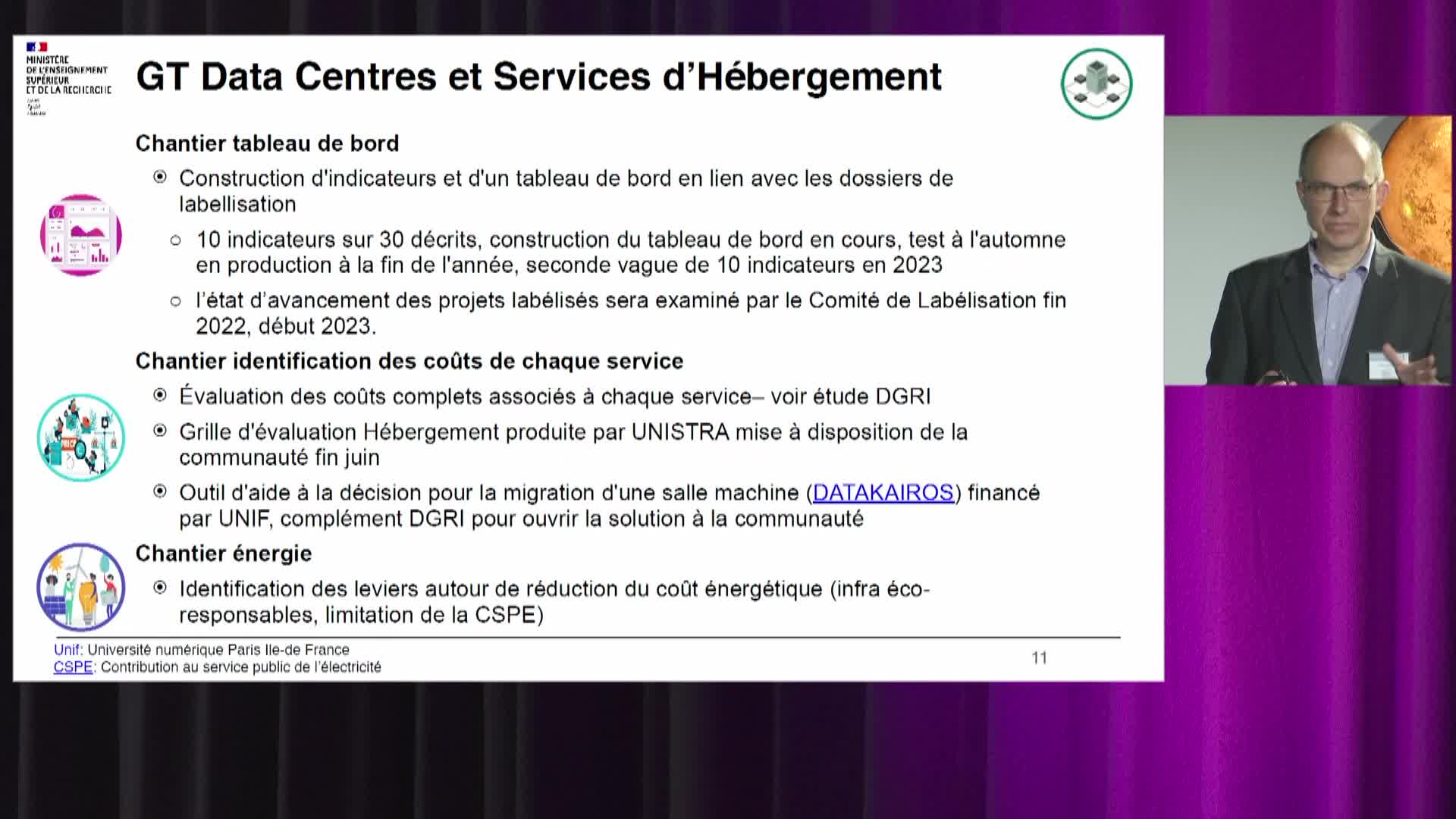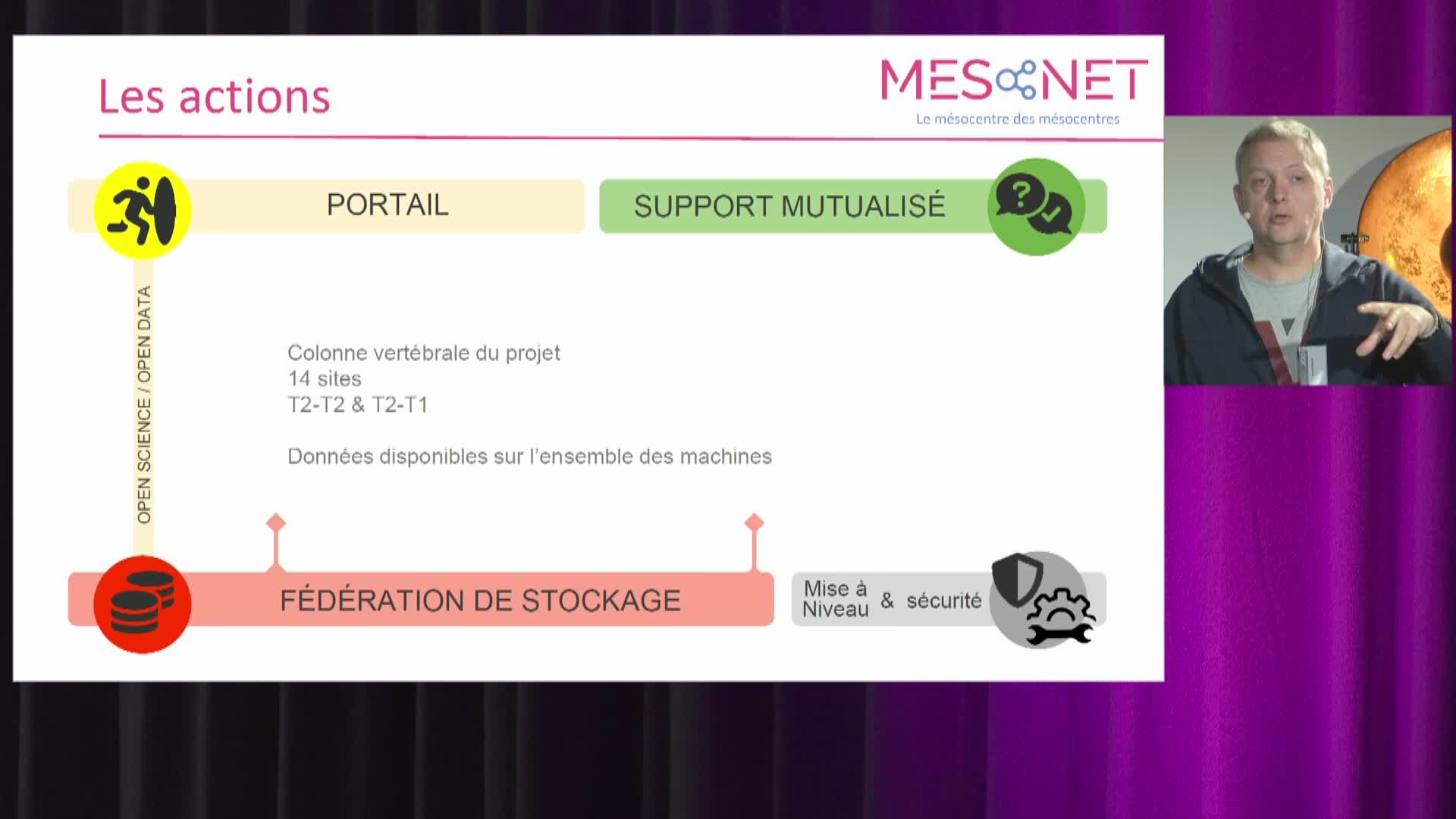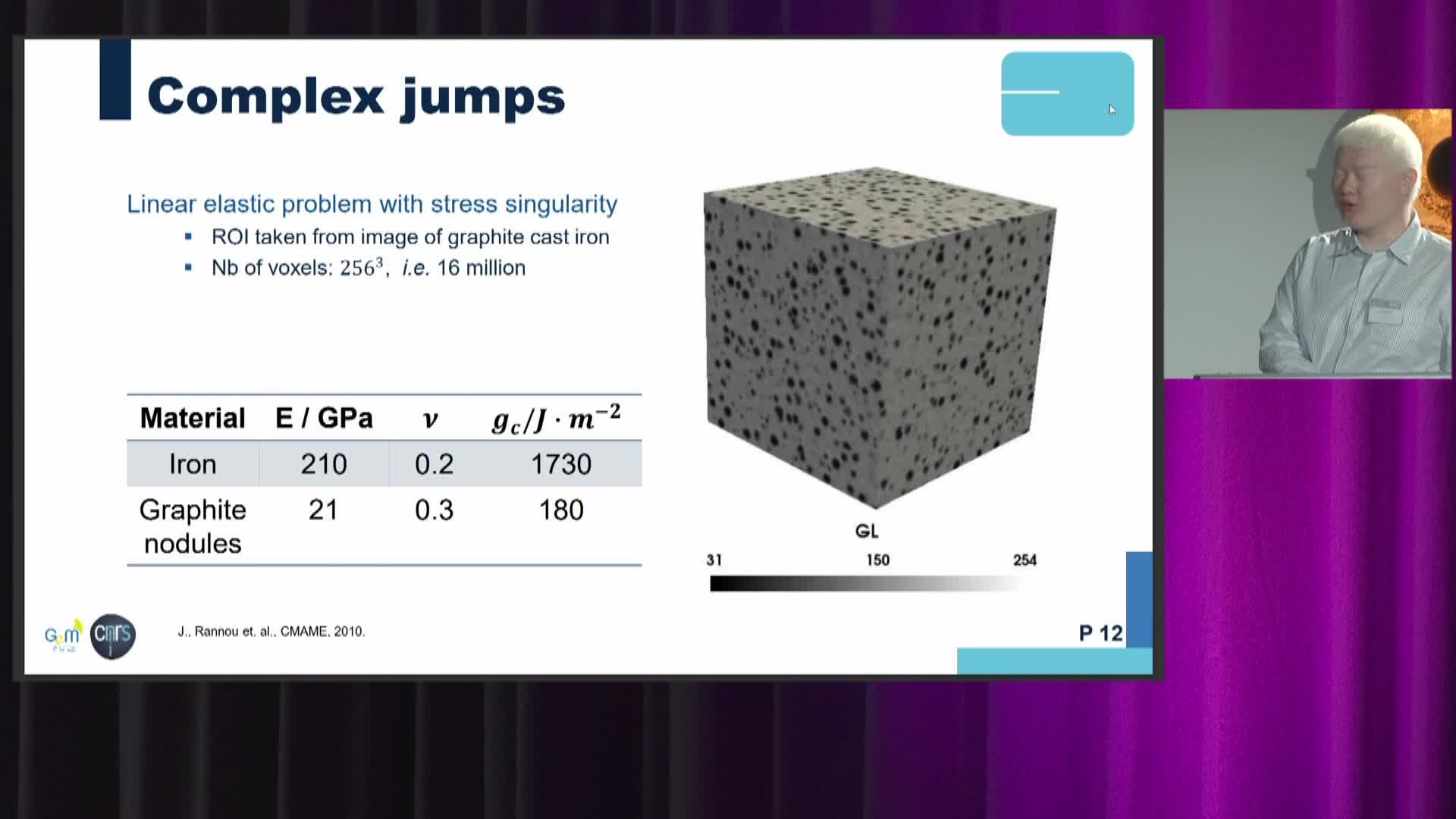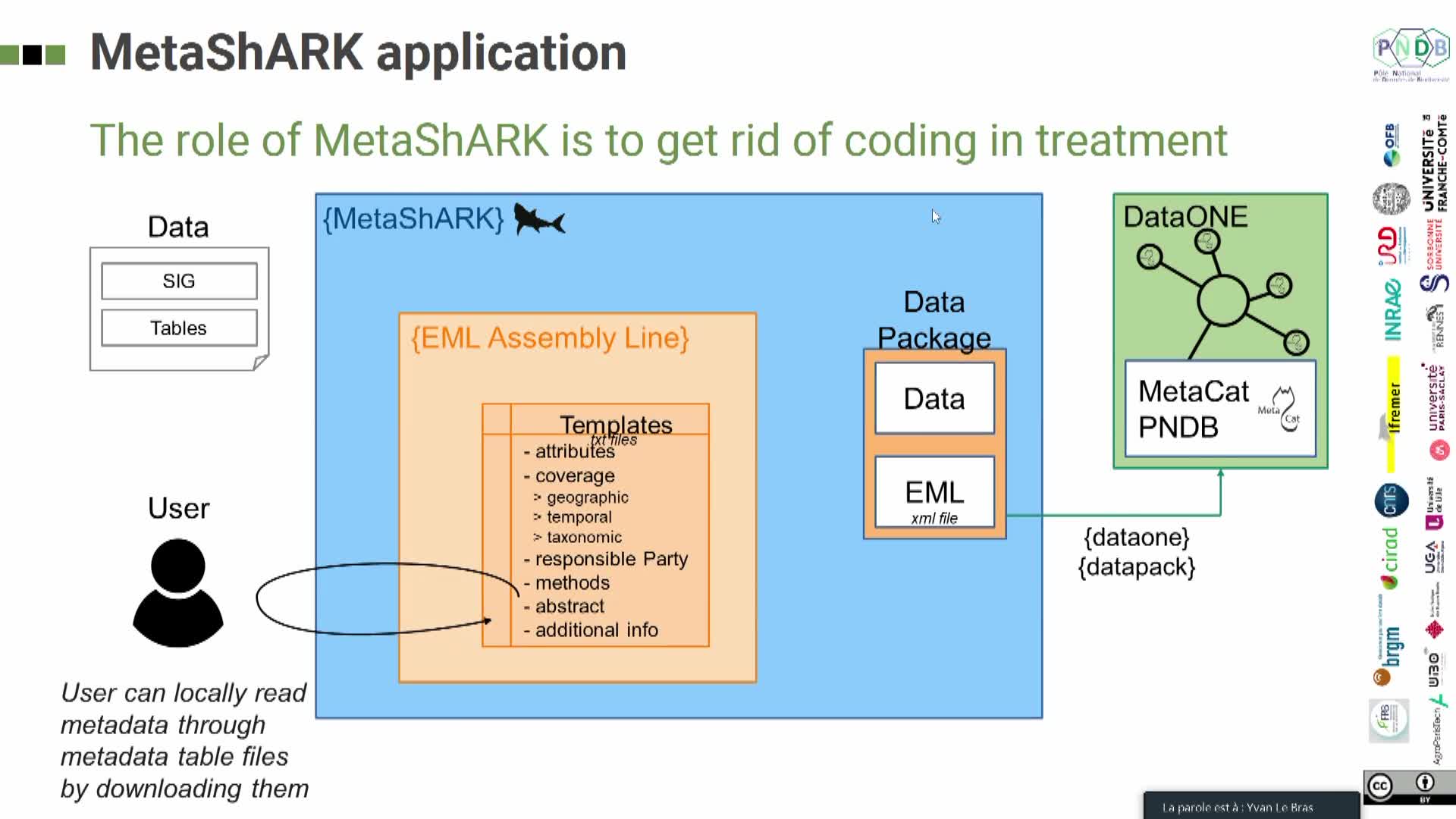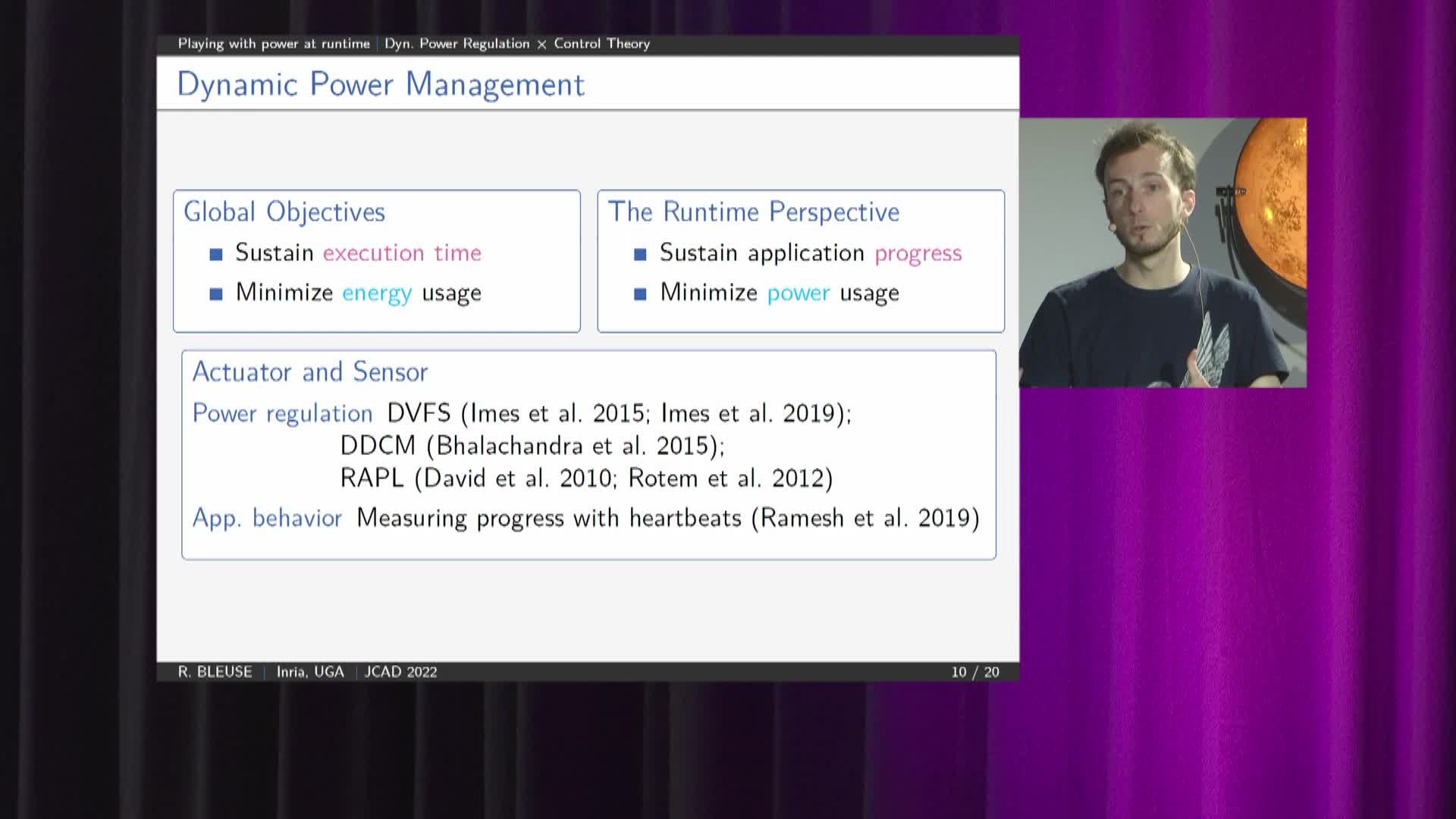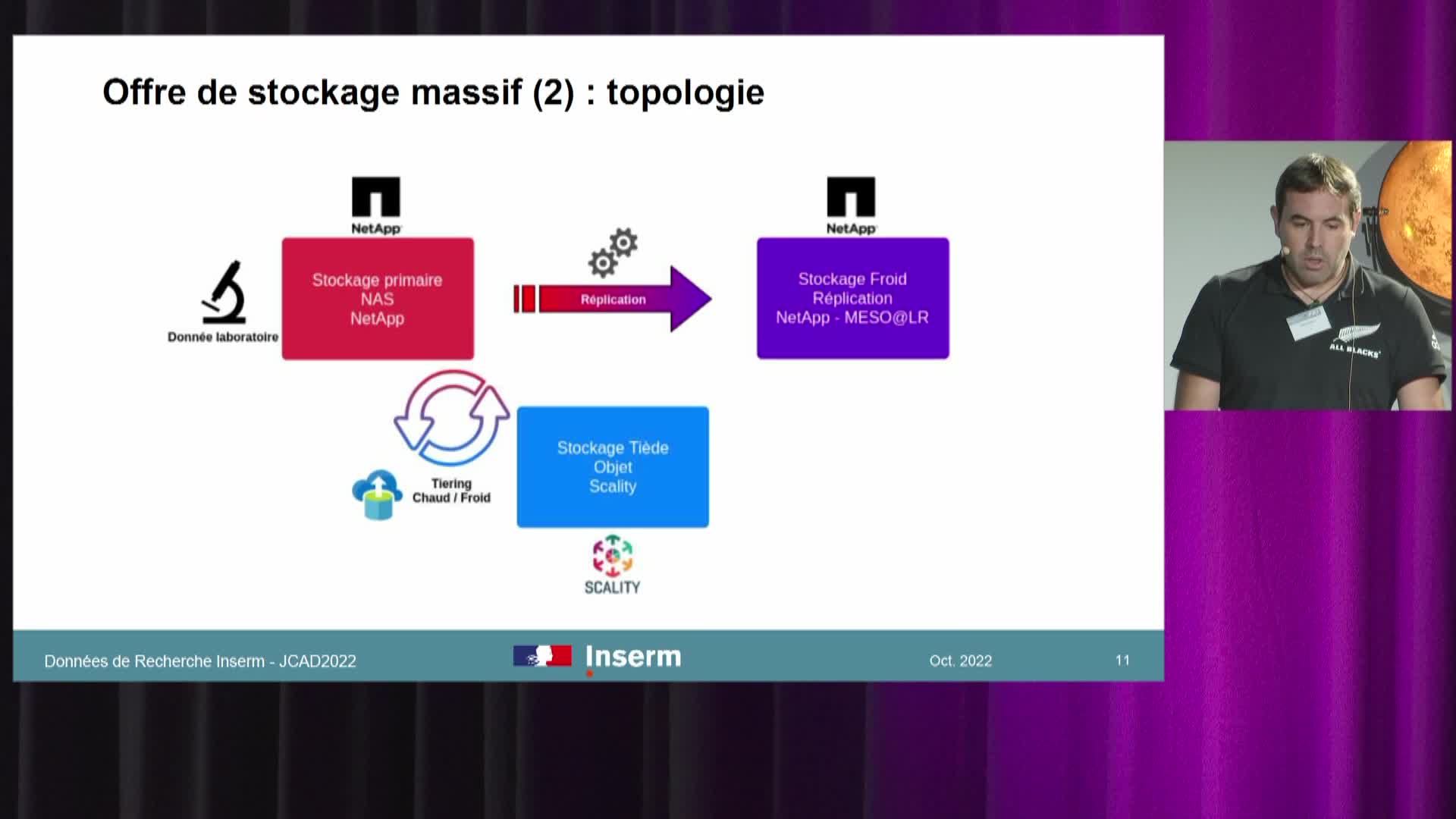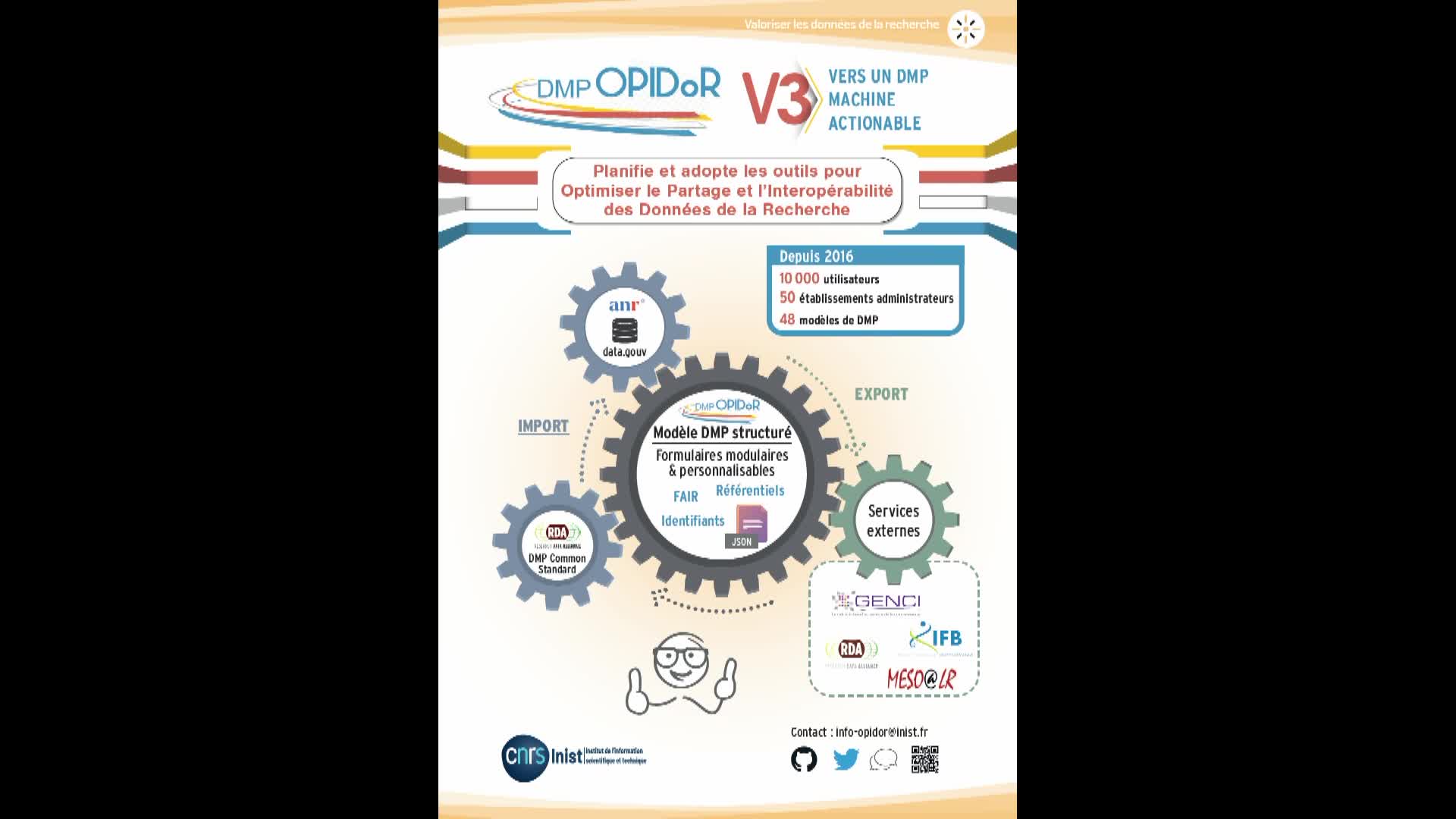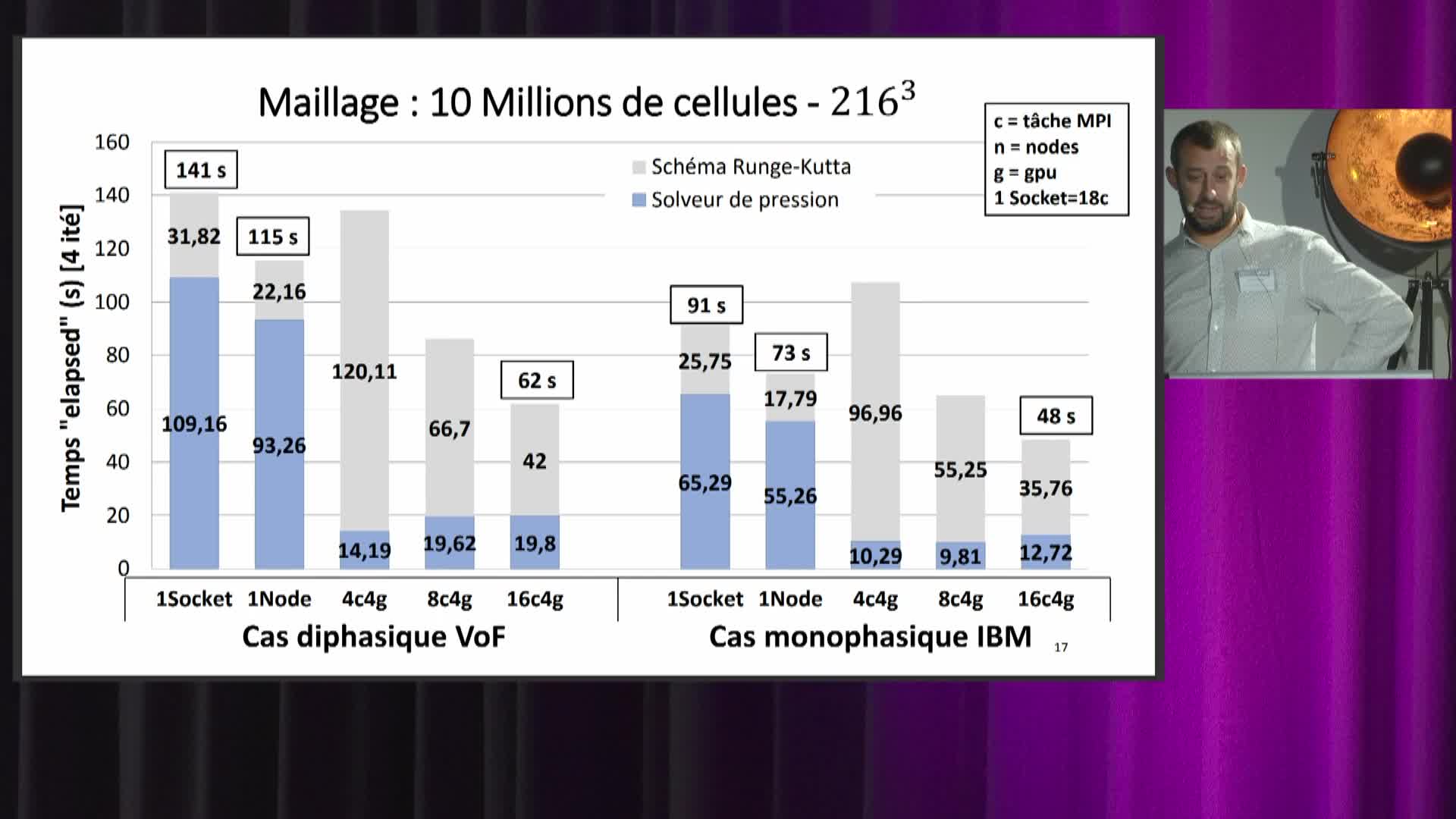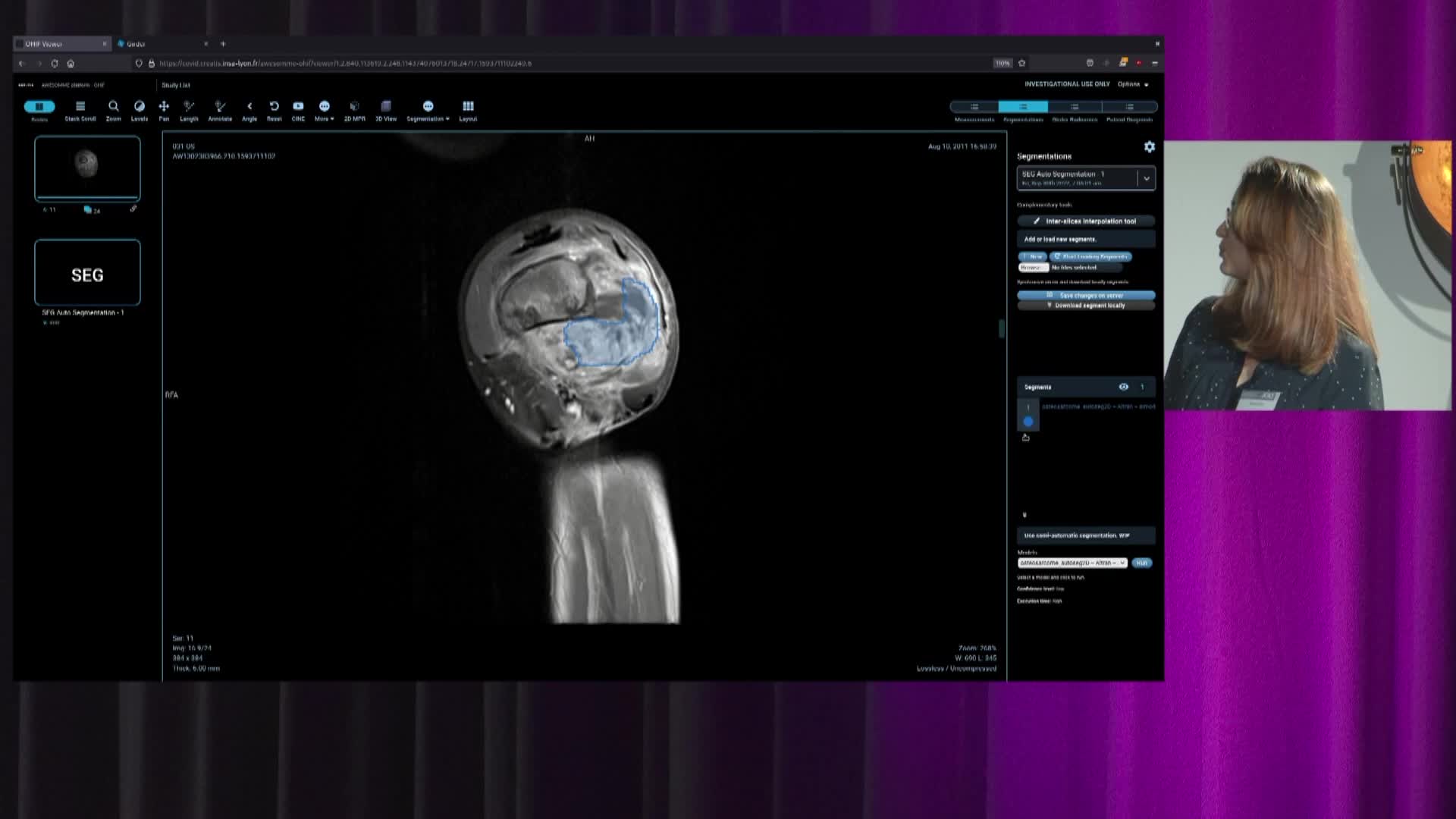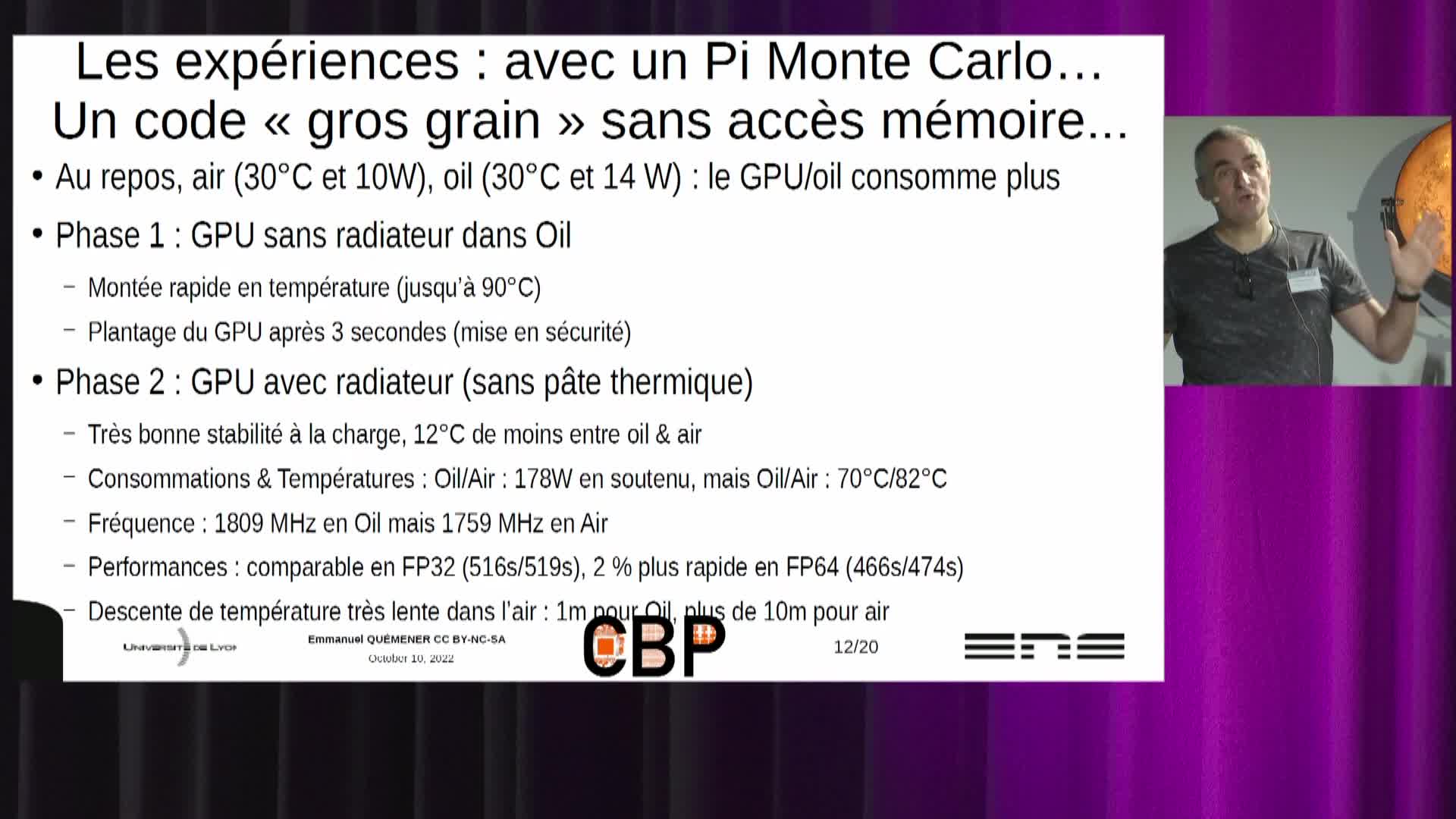Notice
MMODA: multi-messenger observatory platform of FACe
- document 1 document 2 document 3
- niveau 1 niveau 2 niveau 3
Descriptif
The Multi-Messenger Observatory (MMO) is an innovative project carried out in partnership between the François Arago Center (FACe) of the APC laboratory and the astrophysics department of the University of Geneva. MMO aims to provide a real-time, online data analysis platform to run post-processing data pipelines from the projects that developed them. This Multi-Messenger Online Data Analysis (MMODA) platform makes use of a cloud-based data management solutions and virtualization technologies. It is intended to meet the challenges of efficient sharing and reuse of data, long-term preservation of data and data analysis workflows and the reproducibility of results. From the user's perspective, the platform provides a low-level abstraction of data analysis for different instruments, allowing interaction with scientific products, such as spectra, light curves, sky images etc. The MMODA platform is based on a computer environment federated between several institutions (University@Geneva, FACe@Paris, KAU@Kyiv). Each instance is based on a layer of physical or virtual machines running microservices in the containerized form.
For the FACe site, we use Kubernetes container orchestrator, which is automatically deployed by the Rancher Kubernetes Engine (RKE) solution via the TerraForm module on top of OpenStack IaaS cloud of the French academic cloud federation, FG-cloud. Helm charts are provided to deploy all MMODA services (web interfaces and API, task manager, adapters corresponding to scientific analyses, etc.).
Various ready-to-use data analysis services are provided for the end user. The module allowing to analyze data of the Integral space mission (developed by University@Geneva); a simple workflow to obtain neutrino flux upper bounds based on Antares neutrino telescope data; the module which provides access to the Gravitational Wave data based on LIGO/Virgo analysis (based on GWOSC data); access to the optical images and spectrometry of the DESY LegacySurvey.
Thème
Documentation
Dans la même collection
-
-
-
-
-
-
-
-
-
-
-
-
Refroidissement par immersion de serveurs : premiers retours opérationnels
Le refroidissement par immersion n'est pas une nouveauté, de l'IT en général au HPC en particulier. Il y a 35 ans, les Cray-2 et successeurs avaient leur assemblage de tours immergées dans un fluide



